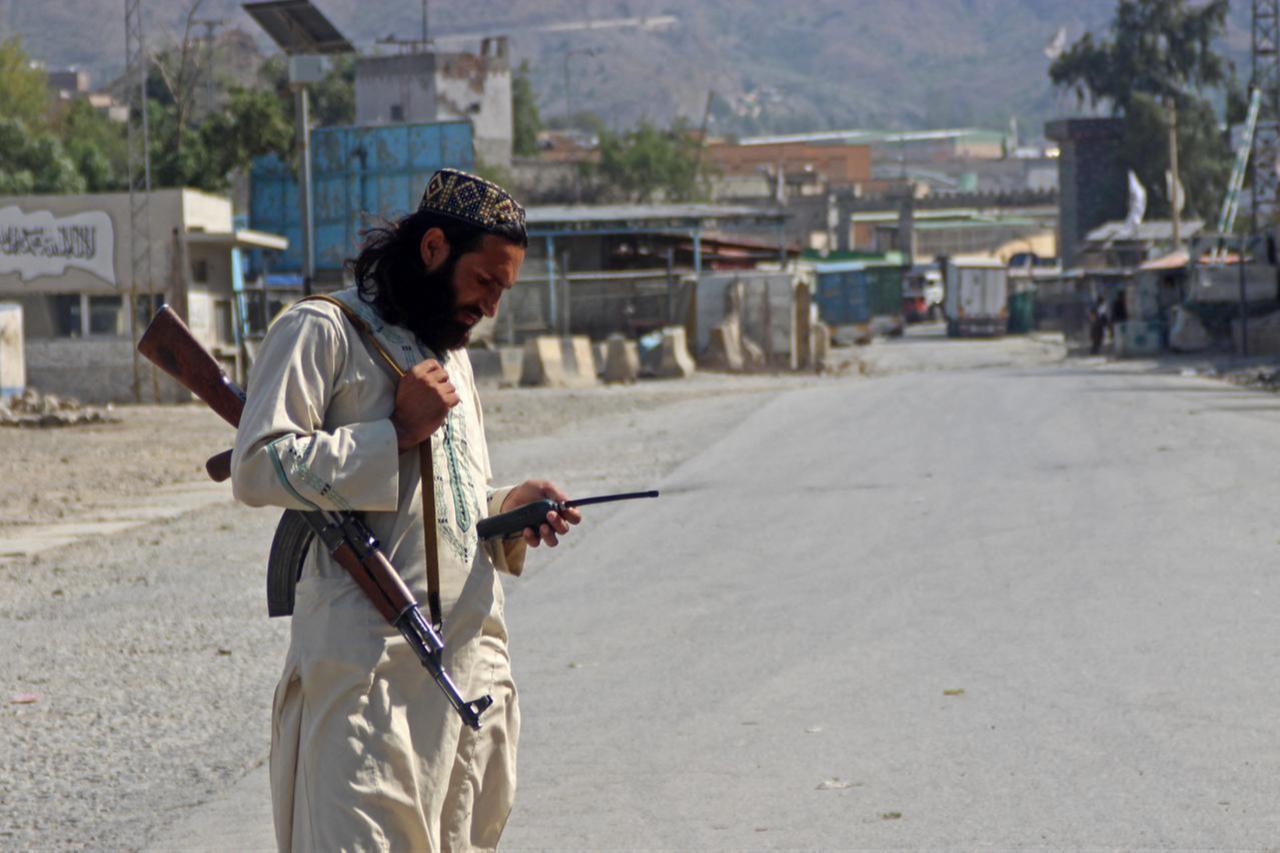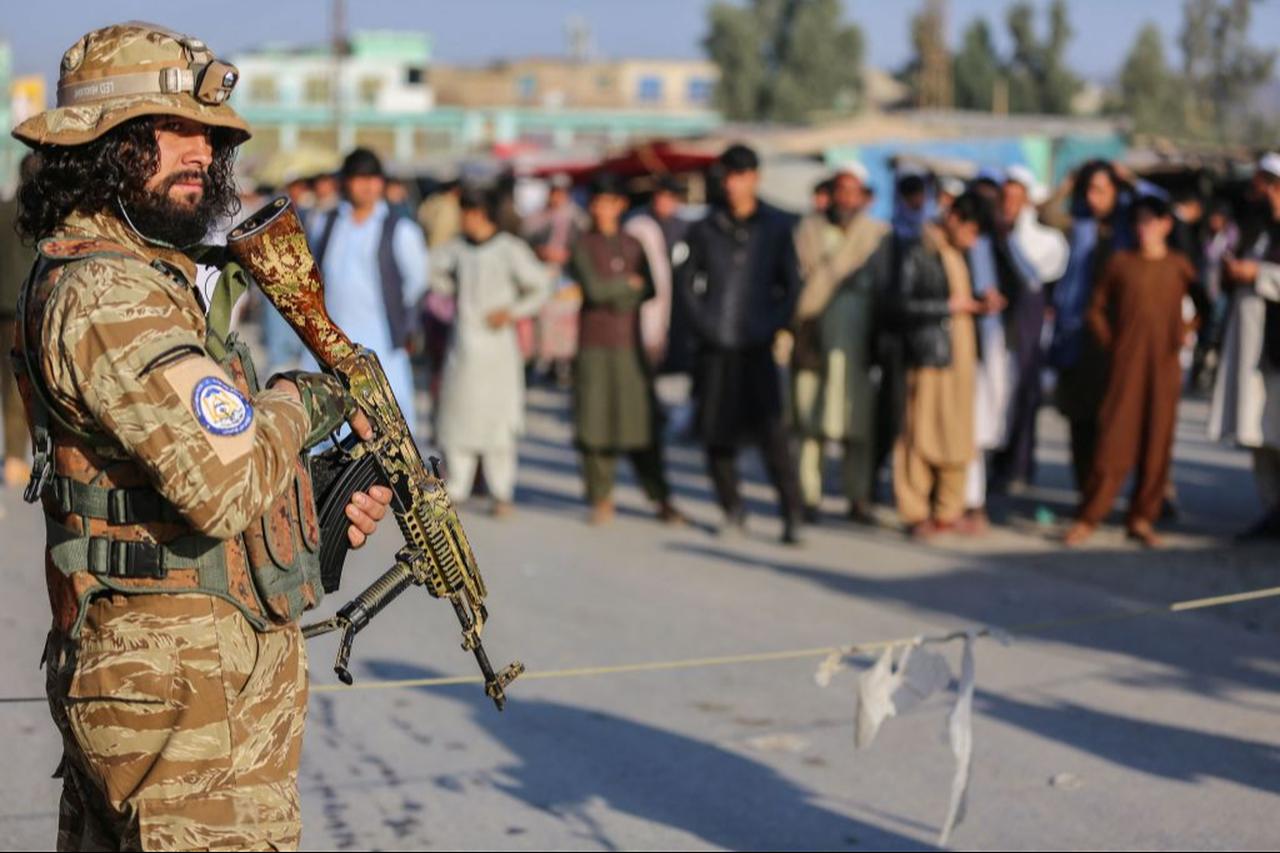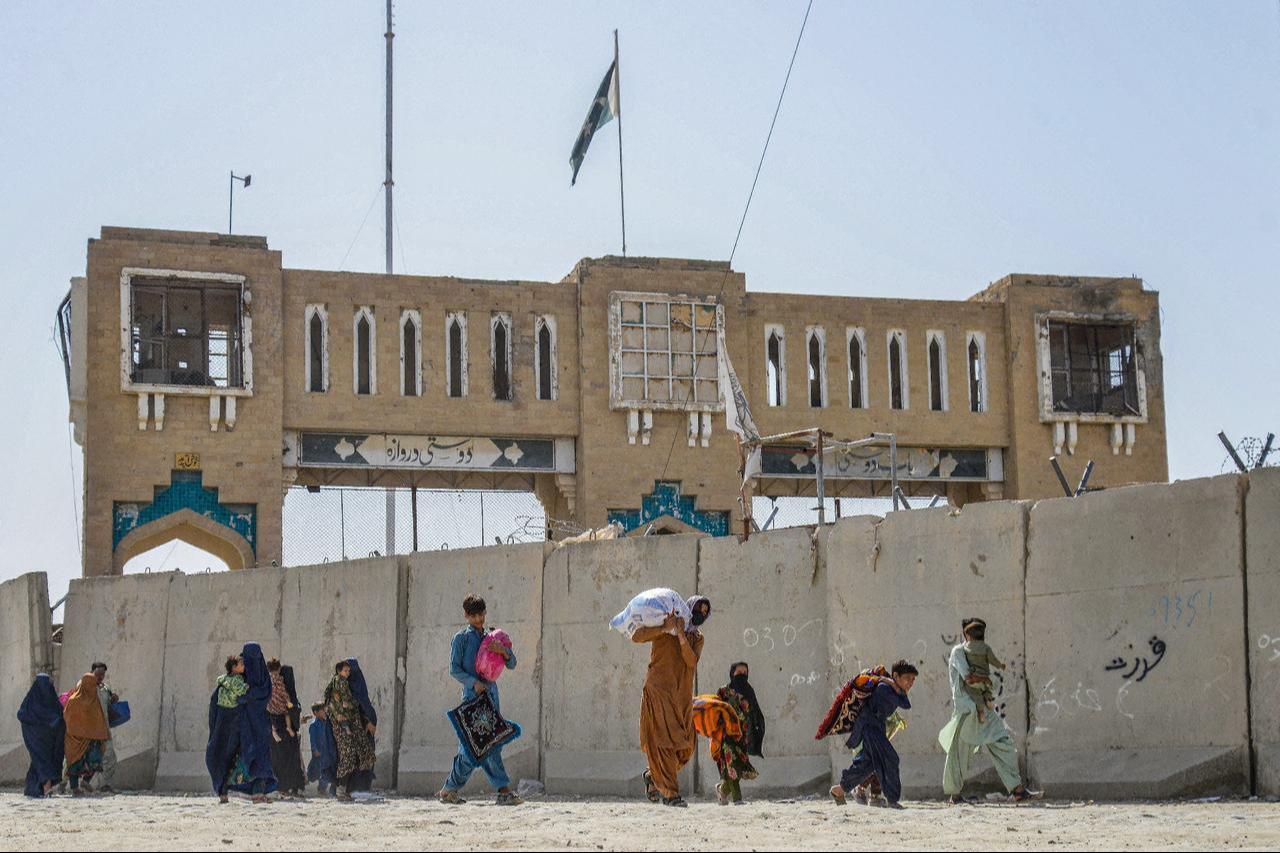
The Torkham border crossing between Afghanistan and Pakistan reopened after weeks of closure following tensions and armed clashes between the two countries’ security forces. Officials confirmed that the crossing has resumed passenger and trade transit, as well as the return of Afghan refugees.
Nangarhar Police spokesman Abdulbasir Zabali told TOLO News that discussions between Afghan and Pakistani officials had been positive, leading to the reopening of the Torkham border early Saturday morning for passenger and transit crossings.
Pakistani authorities also confirmed the reopening, saying the crossing would facilitate the return of Afghan refugees to their country. According to Dawn newspaper, trade activities at the border have also resumed.
Nangarhar’s Director of Information and Culture, Qureshi Badloon, said returning citizens were welcomed at the border.

The Torkham crossing, one of the busiest gateways between the two countries along with the Spin Boldak crossing in Kandahar Province, had been closed since Oct. 11 after clashes broke out along the border.
On Aug. 13, an earlier exchange of fire between Afghan and Pakistani forces near the border resulted from a territorial dispute, leading to the temporary closure of the crossing. Afghan officials said at the time that Pakistani forces opened fire first, killing three Afghan civilians, including two children and one woman.
Border disruptions have particularly affected Afghanistan, a landlocked country that relies heavily on cross-border trade.
Following the clashes, Pakistan and Afghanistan agreed to a temporary 48-hour cease-fire on Oct. 15, later extended through talks held in Doha with mediation support from Türkiye and Qatar. After 14 hours of negotiations, both sides agreed to continue discussions, and a technical committee meeting was scheduled to take place in Istanbul on Oct. 25.
The Pakistan-Afghanistan border stretches 2,670 kilometers and includes 18 official crossing points. Armed confrontations and casualties have occurred periodically between the two countries’ forces.

Afghanistan’s current administration, like previous Afghan governments, does not officially recognize the Durand Line as the international border. Pakistan, however, views it as its legal frontier and accuses Kabul of harboring members of the Pakistan Taliban (TTP) who carry out attacks across the border.
Afghan authorities reject Islamabad’s allegations, arguing that Pakistan’s internal security issues are not linked to Afghanistan.
Last week, social media footage showed Pakistani fighter jets reportedly flying over Afghanistan’s Kunar and Nangarhar provinces. Taliban government spokesman Zabihullah Mujahid said the matter was under investigation and warned that any confirmed airspace violations by Pakistan would be met with a “serious response.”